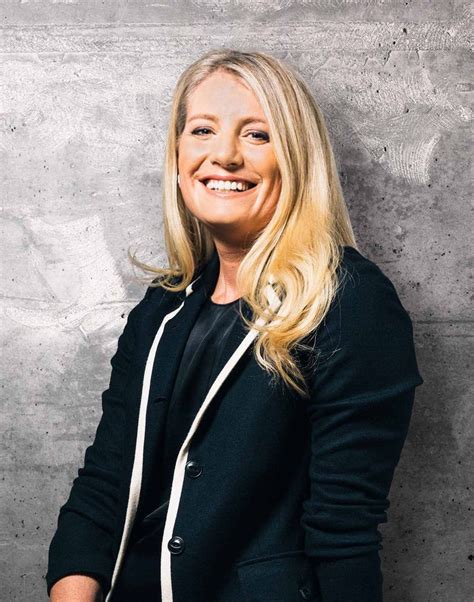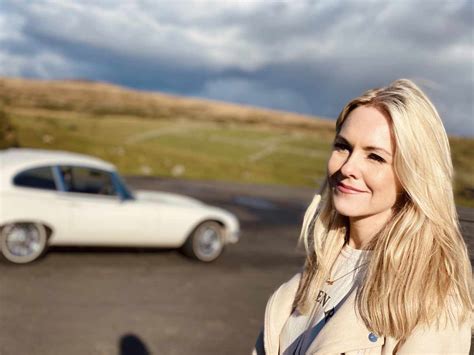A Quote by Danny Glover
I want people with epilepsy to know that there are ways in which they can play a role in their own recovery. It's all in how they approach what is happening and how they can use that as a catalyst for their own growth. If there's one thing that I've learned, it's that people are willing to embrace you if you share your story.
Related Quotes
One of the big ways in which I felt my own writing life shaped by recovery had to do with my relationship to other people's stories. And one of the things I loved most about recovery was the way in which, in meetings and through fellowship, you are constantly kind of paying attention to lives outside of your own.
I was interested in the ways we can write biography. When you're first starting to write about your own life it feels so shapeless because you don't know how to make your own story cohesive. How do I pluck a story out of the entirety of what it means to be alive. It occurred to me recently that when you're telling a story about your own life, rather than taking a chunk, you're kinda like lifting a thread from a loom.
If you want to play the game and win, you've got to play 'full out.' You've got to be willing to feel stupid, and you've got to be willing to try things that might not work - and if they don't work, be willing to change your approach. Otherwise, how could you innovate, how could you grow, how could you discovery who you really are?
A lot of people want to be an entrepreneur, so it's important to know that there's a lot of ways to be an entrepreneur. One of the ways is to go about and start your own business. There are also ways that you can gain experience in the context of a larger business, like raising your hand to helm a new office. As you are gaining your skills to run your own business successfully, the first way is to think about how you can do so based on where you already are.
Your photography is a record of your living - for anyone who really sees. You may see and be affected by other people's ways, you may even use them to find your own, but you will have eventually to free yourself of them. That is what Nietzche meant when he said, 'I have just read Schopenhauer, now I have to get rid of him.' He knew how insidious other people's ways could be, particularly those which have the forcefulness of profound experience, if you let them get between you and your own personal vision.
He glanced back at the wall. How like a mirror, too, her face. Impossible; for how many people did you know who reflected your own light to you? People were more often--he searched for a simile, found one in his work--torches, blazing away until they whiffed out. How rarely did other people's faces take of you and throw back to you your own expression, your own innermost trembling thought?
The ways in which people are damaged are the ways in which they're strong. It's what makes people interesting - what they've overcome and how, and what they haven't and how that's become a good thing. Almost everyone's life is both a gorgeous story and a tragedy. I think being alive is really, really hard, and I'm constantly stunned and amazed by people who make it interesting and beautiful.
What really has helped me through my own breakups has been learning tools to self-soothe, reframe, and forgive, and how to channel negative energy into positive. Resilience is a muscle. Learning how to cope and process painful emotions is a muscle. And I've been through enough ups and downs to know that you have a choice. You can use breakups, which are pivotal points in life, as a catalyst for growth, or you can choose to have it make you jaded and more fear-based.
I learned quickly enough when to click the shutter, but what I was becoming aware of more slowly was a story-writer's truth: The thing to wait on, to reach for, is the moment in which people reveal themselves... I learned from my own pictures, one by one, and had to; for I think we are the breakers of our own hearts.




































